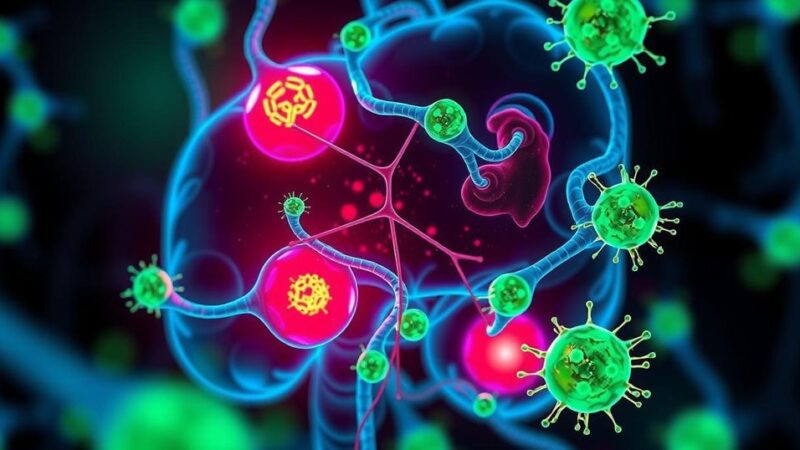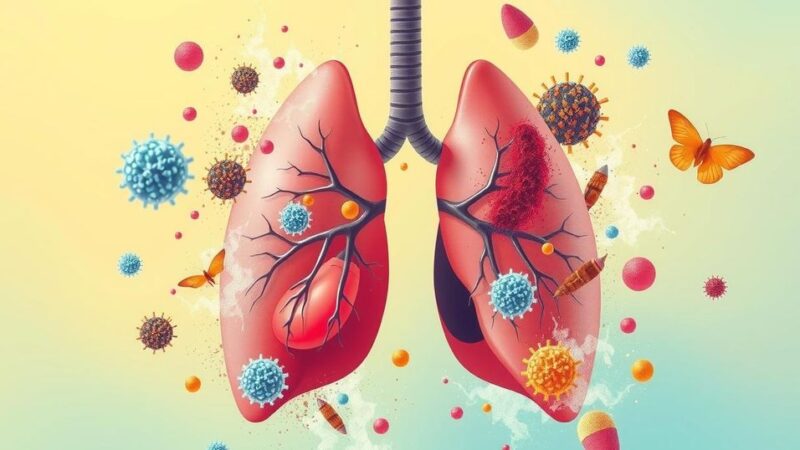- A study shows cancer survivors make little progress on improving diets.
- Researchers found gaps in diet-related cancer risk awareness among survivors.
- Healthcare providers must offer better guidance post-cancer diagnosis.
Research Reveals Gaps in Dietary Awareness Among Survivors
Survivorship and Dietary Habits: The Disappointing Reality A recent study from researchers at UC Irvine’s Joe C. Wen School of Population & Public Health revealed a rather unsettling trend; despite surviving cancer, many individuals don’t seem to improve their eating habits significantly. The findings, published in the June issue of Public Health Nutrition, indicate that a cancer diagnosis alone does not contribute to better dietary choices or healthier eating practices. It appears that there’s a persistent lack of adequate information during treatment planning and a notable absence of structured guidance from healthcare providers to aid these survivors in making better choices.
Need for Targeted Educational Interventions
Examining the Barriers and Gaps in Diabetes Awareness The study, led by Professor Yunxia Lu, utilized data from the Health Information National Trends Survey (HINTS), which examined the connections between cancer risk awareness and dietary behaviors. Alarmingly, no significant differences were observed in dietary awareness regarding cancer risks between survivors and non-survivors. Approximately 82% of survivors failed to meet the American Cancer Society’s recommendation of consuming over two to three cups of fruit daily, while a similar 75% didn’t meet proposed vegetable intake levels. This statistic raises critical questions about how survivors approach their nutrition and lifestyle changes following a cancer diagnosis.
Recommendations for Future Research and Interventions
Healthcare’s Role in Supporting Survivors’ Dietary Needs According to Hemangi Mavadiya, a doctoral candidate and the first author of the study, cancer specialists often view a diagnosis as an opportunity to encourage lifestyle changes. However, the research indicates that simply providing a diagnosis isn’t enough to spur improvements in dietary habits. It’s suggested that more focused dietary and behavioral interventions are urgently needed for cancer survivors. Additionally, healthcare professionals are being called upon to incorporate culturally appropriate nutritional education into standard post-treatment care plans, which could potentially empower survivors to make healthier dietary choices.
In conclusion, the research from UC Irvine highlights the stark realities faced by cancer survivors in improving dietary habits post-diagnosis. Although a cancer diagnosis is often perceived as a pivotal opportunity to promote healthier lifestyles, many survivors still fall short in their dietary choices. This points to an urgent need for targeted interventions and better educational support from healthcare providers to help cancer survivors adopt sustainable, healthy eating practices.






